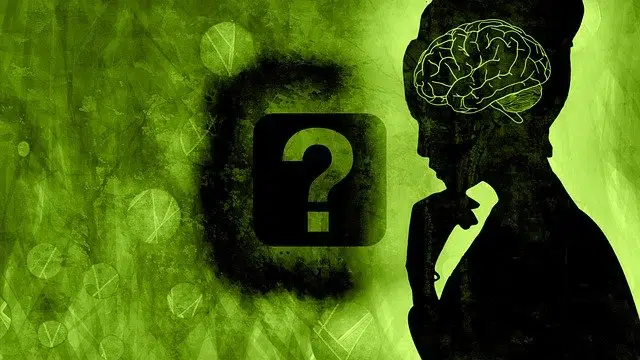
Logical thinking is developed based on the relationships between elements.
In Latin and also in Greek is where we find the etymological origin of the two words that give shape to the term logical thought that we are now going to analyze in depth. Specifically, thought emanates from the verb pensare , which is synonymous with “think.”
Logical, for its part, has its point of origin in Greek as it comes from the word logos which can be translated as “reason”.
What is logical thinking
Logical thinking is that which emerges from the relationships between objects and comes from the individual's own development. It arises through the coordination of the relationships that have previously been created between objects.
It is important to keep in mind that the differences and similarities between objects only exist in the mind of the one who can create them. That is why logical knowledge cannot be taught directly . Instead, it develops as the subject interacts with the environment.
Pedagogy indicates that teachers must provide experiences, activities, games and projects that allow children to develop their logical thinking through observation, exploration, comparison and classification of objects.

Logical thinking is useful in multiple contexts.
Analysis of principles and methods
It should be noted that logic is the science that exposes the laws, modes and forms of scientific knowledge.
It is a formal science that has no content, since it is dedicated to the study of valid forms of inference. Therefore, logic is responsible for the study of the methods and principles used to distinguish correct reasoning from incorrect.
Importance of logical thinking
All these characteristics are what lead us to affirm that logical thinking becomes an indispensable tool for human beings in their daily lives because thanks to it they can solve the problems that arise on a daily basis. Thus, by observing everything that surrounds you, your own experience, comparison, classification of the objects that you can find or everything that you can observe in your environment, you will have the ability to develop this type of thinking and resolve conflicts. that appear in your routine.
Logical thinking, then, serves to analyze, argue, reason, justify or prove reasoning. It is characterized by being precise and exact , based on probable data or facts. Logical thinking is analytical (divides reasoning into parts) and rational, follows rules and is sequential (linear, goes step by step).
Its relevance in science
For these reasons, it is clear that logical thinking also becomes a very useful instrument for science. And thanks to it and everything it allows, it will advance in favor of human beings, a better quality of life and the solution to the problems that still cannot be solved.
In this sense, it is notable that science needs the rationality , classification, sequentiality and accuracy of this type of thinking in order to develop.
